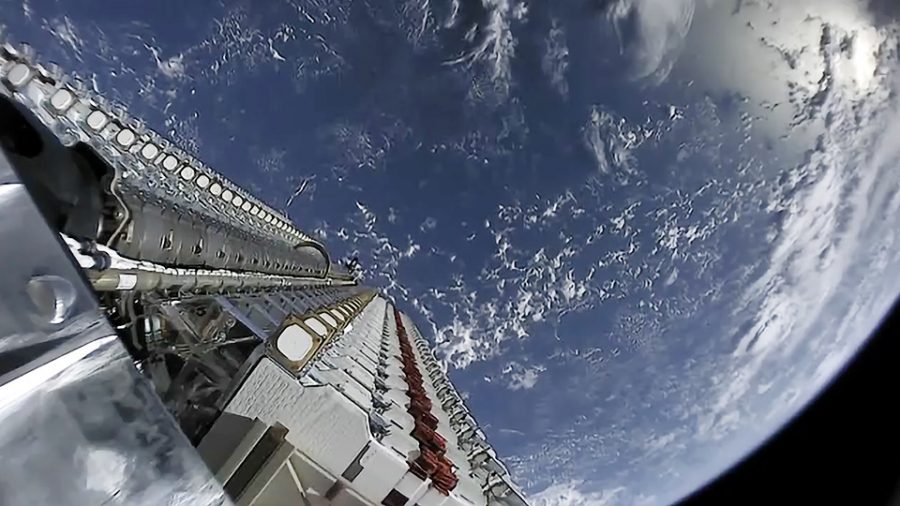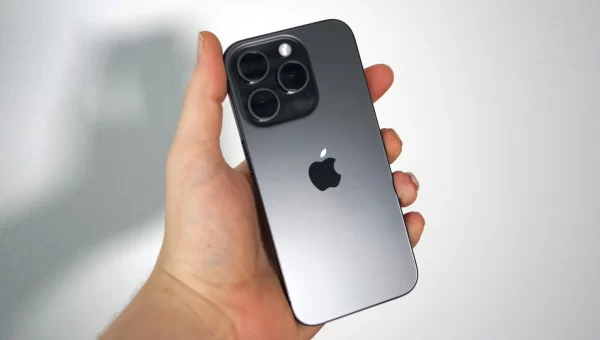The Next Generation of Satellite Internet
SpaceX or (Space Exploration Technologies Corp.) is an American aerospace manufacturer and space transportation services company headquartered in Hawthorne, California. It was founded in 2002 by the one and only Elon Musk, and since then has been working toward the goal of reducing space transportation costs to enable the colonization of Mars. But recently SpaceX is preparing to begin production of the next generation of its Starlink internet satellites, which they will use for delivering high-speed internet to consumers anywhere and everywhere on the planet!
In November of 2018, the Federal Communications Commission (FCC) approved the launch of 11,943 satellites, aiming to deploy 4,425 of these satellites into orbit by 2024. When these satellites launch, there are as many as 60 Starlink satellites launch at a time with its Falcon 9 rockets. The company stated in August that it is “building 120 satellites per month,” and company officials told the FCC last week that it continues to ramp up its launch rate to match that production. SpaceX has also begun testing a technology known as inter-satellite links, or “space lasers” as Musk has referred to them. This will allow the satellites to create connections to each other, rather than connect to points on the ground. “These links would help improve the Starlink system by reducing the number of ground-based stations needed to operate globally” said CNBC. Musk spoke out online and said “Starlink satellites launched in 2022 will have laser links.” “Only our polar sats have lasers this year,” Musk added.
This is a very big deal for SpaceX since it would mean fewer ground-based stations, which reduces cost. Because there are going to be thousands of these satellites in orbit, astronomers had concerns that they would block their view of the sky. SpaceX did begin adding “sun visors” to its Starlink satellites as of June 2020. Unfortunately, it is unclear how the newer versions of v1.5 and v2.0 satellites will differ from those launched to date. We hope that SpaceX is successful in making the internet faster and more accessible to people all over the world.

Eighth-grader, Lily Dalton, is full of the best kind of surprises. Her interests span the entire spectrum from adoring her six dogs (yes, six!) to her...











